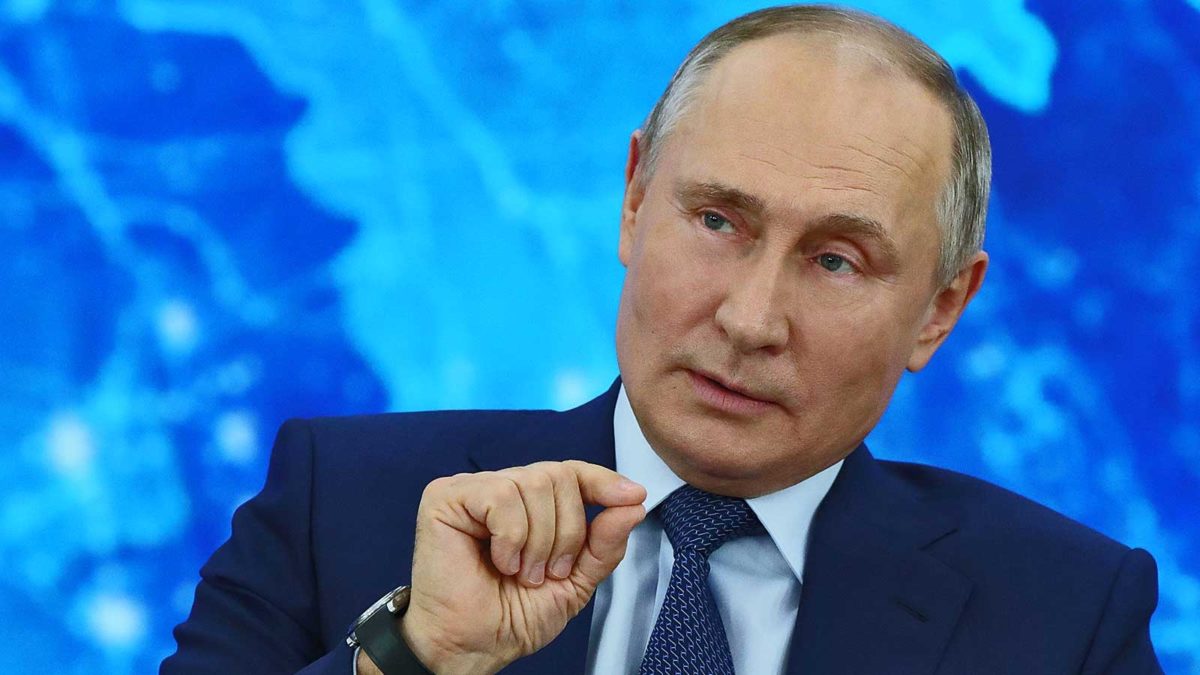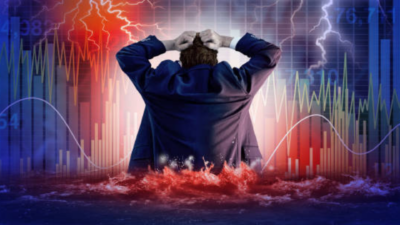The ‘S’ stands for stability
When it comes to geopolitics, investing isn’t as easy as “ESG”.
With the prospect of sanctions leaving investors with stranded Russian assets on the balance sheet, several commentators have suggested this could all of have been avoided if those investors just took the “S” (social) and “G” (governance) in “ESG” more seriously. They believe that Putin’s repression of dissent and his belligerence towards his neighbours should have raised the alarm. Investors were financing a brutal regime, and should have stopped a long time ago.
But if invading an independent democracy means an entire country has breached the “S”, then investors are going to have to be a lot more picky.
The “S” in ESG has always been tricky. It’s weighted more towards one’s own view of the world than the “E”, which exists within a clear scientific understanding of the impacts on human-caused climate change. It is increasingly seen – and used – as an outlet for one’s ethics than as a risk screen, which ESG is supposed to be.
If a company treats its people badly it becomes uninvestable; if it doesn’t pay them well and is unable to retain them, it becomes uninvestable; if its products cause death and injury in the community, it becomes uninvestable. This is usually because investors are concerned about potential liabilities arising from these actions. In this way, “S” acts as a risk screen. Other investors go further by warning that these breaches are not just fiscally imprudent, but morally or ethically concerning.
But the “S” doesn’t scale up well to the country level. By way of example: the United States. The following is not meant as a defence of the actions of Russia, which are undefendable, or a university club indictment of America. It’s an argument that the actions of most states are undefendable within the context of ESG investing.
The US has waged wars in foreign countries for longer than most readers of this publication have been alive. The cumulative civilian loss of life is almost beyond imagining, to say nothing of the soldiers thrown into the meat grinder for hazily-defined objectives such as winning “the war on terror” or the “war on drugs” – which are concepts, not combatants. At home, lifesaving drugs are often beyond the reach of the poorest, while relentless gerrymandering has made the votes of one part of the population worth more than others.
If America was a company, it would not seem to be particularly well-run; it has massive debt (which it will never pay back) in part as a result of its decades-long adventures in foreign countries; is currently controlled by an octogenarian, and before that, a “businessman” who repeatedly manipulated bankruptcy laws to his own benefit; and doesn’t treat its employees particularly well. If we apply the “S” to this company in its current formulation, many ESG investors would agree that America would be uninvestable.
But America isn’t a company. It’s a state. The rules are different. America remains eminently investable. There is little risk of US assets being stranded by sanctions. The same thought process would apply to pretty much any state that launches invasions of other states, or any state that uses its intelligence apparatus to monitor its own citizens, or any state that uses outsized force to silence dissent within it – which many do. The criteria for statehood include the ability to tax its population, control that population through the monopoly on the legal use of force, and a defined territory it can defend its claim to. Being “good” is not a criteria for statehood, and so most states aren’t.
So perhaps the “S”, at the country level, doesn’t stand for “social” but “stability”. It’s not about what they’re doing, but how long they can keep doing it, and the predictability of what they’re doing. America, which still enjoys the dominant position in world politics, will likely be able to keep doing what it is doing for some time. China, the world’s economic powerhouse – and one of its leading human rights abusers – also remains (relatively) stable, and many of Australia’s largest investors have taken a keen interest in its domestic market.
Applying ESG screens to a country would do little good; understanding geopolitical risk, which has tripped up investors plenty of times before, would be better. After all, it was only when Putin took his brutality abroad in a big way – remember that the murders of political dissidents on foreign soil never triggered this massive reaction – that investors were forced to rethink their choices.











